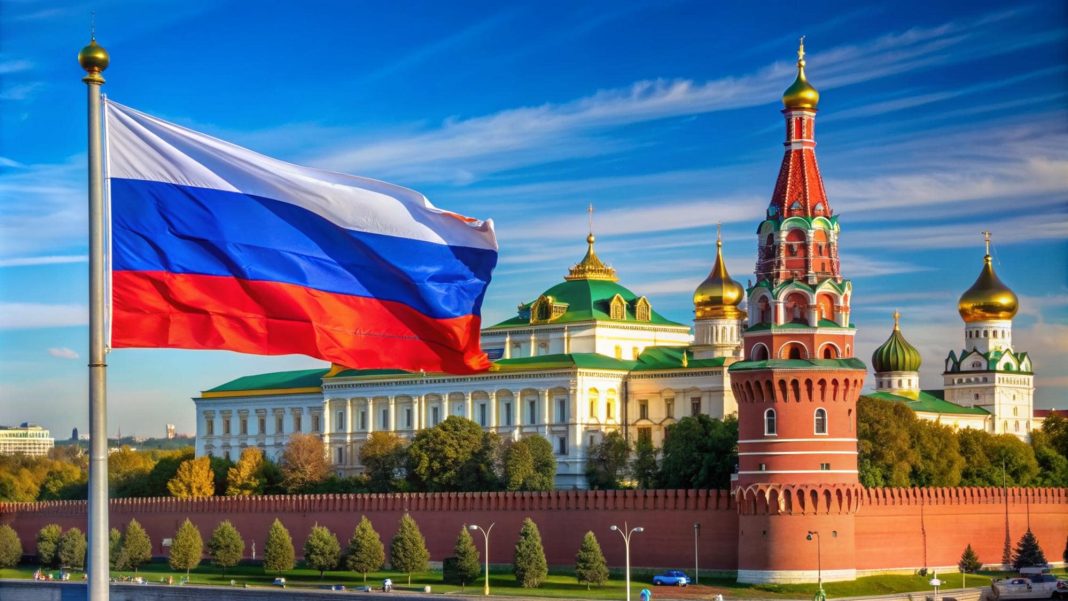Starting January 2025, Russia is tightening its grip on cryptocurrency mining with a six-year ban across ten regions.
This move wants to balance energy demand and maintain grid stability as the country grapples with rising energy consumption.
No more mining?
The ban will impact areas like Dagestan, Chechnya, and the Donetsk and Lugansk regions, among others.
Additionally, some regions, including Irkutsk and Buryatia, will face seasonal restrictions, and these restrictions will kick in during peak energy seasons, from January 1 to March 15, 2025, and annually from November 15 to March 15 thereafter.
According to TASS, Russia’s state news agency, these measures are flexible and could change based on decisions from the government’s legal committee overseeing energy policies. The goal is to prevent energy shortages while keeping the economy stable.
Energy law
Sergei Kolobanov, Deputy Director at the Center for Economics of the Fuel and Energy Complex, explained that electricity subsidies play a big role in this decision.
In regions where energy is cheaper, the costs often fall on producers and consumers in other areas, so if the energy market becomes more liberalized and capacity increases, some restrictions might eventually be lifted.
Despite being a big player in global Bitcoin mining, accounting for about 11% of the global hashrate in 2021, Russia’s share has dropped to just 4.7% by 2024.
Data from Cambridge University shows that the country’s average monthly hashrate fell from 13.6 EH/s to 8.7 EH/s during that time.
The United States has surged ahead with a commanding 37.8% share of the global Bitcoin mining hashrate.
Tax revenue
Even though Russia legalized cryptocurrency mining in August 2023, it hasn’t seen much growth in the sector due to ongoing energy concerns and regional restrictions.
Of course, there are signs of increasing openness toward crypto in other areas, like for example, cross-border crypto payments are now allowed, and plans are underway for state-backed cryptocurrency exchanges.
Additionally, Russian lawmakers are considering holding Bitcoin reserves to boost financial stability amid international sanctions and economic challenges.


